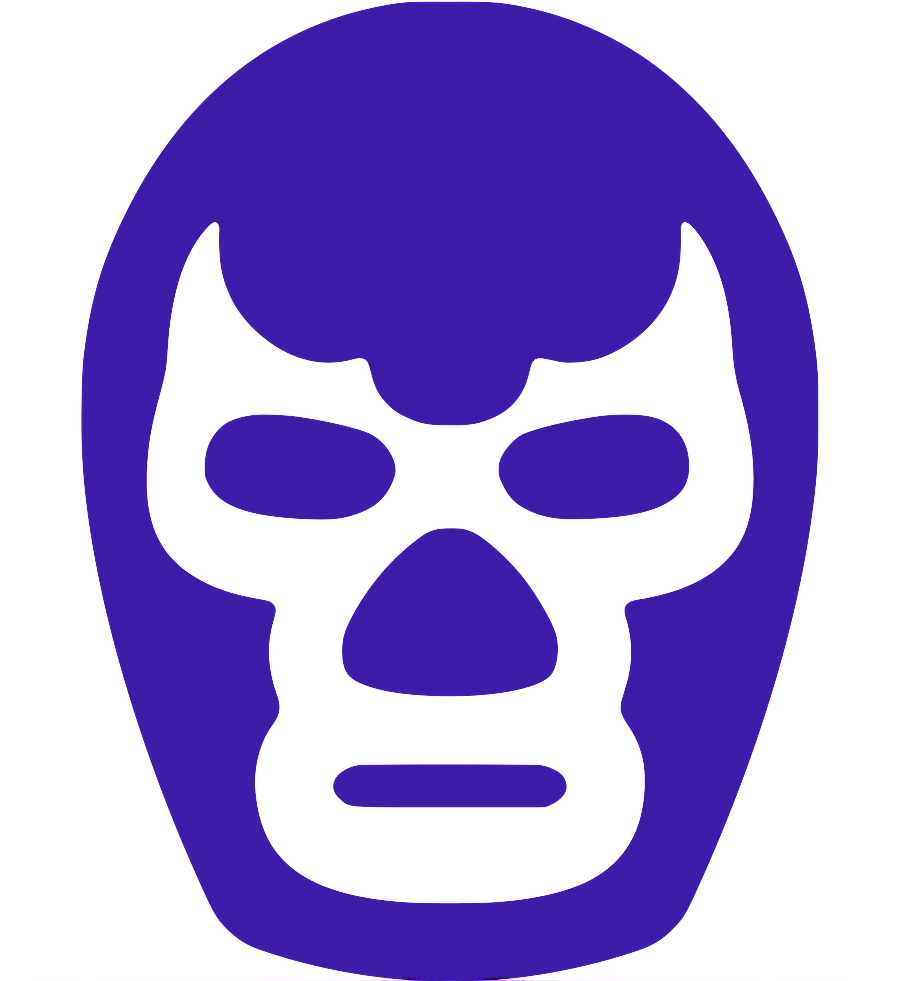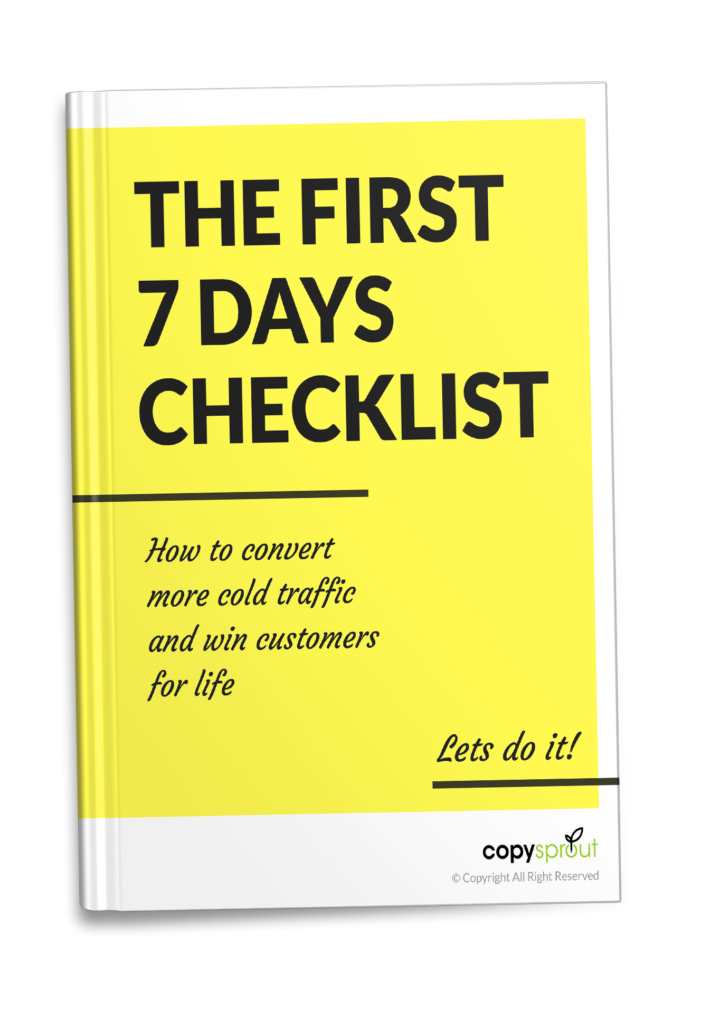Legendary copywriter Joe Sugarman says this is one of the most important and most basic copywriting principles he teaches.
In fact, if you just understand and use this single principle, you’ll have mastered a major lesson in copywriting.
Plus, it’ll give you a huge advantage over the majority of other copywriters out there today, since most of them are NOT using this principle in their copy.
So what is it?
Selling a concept. To explain what that means, here’s a real-life example…
Several months ago, I was approached by Company A to write a new landing page.
Long story short, I didn’t end up working with them. They needed the copy in two weeks. And not only that, but another copywriter offered to write two landing pages in that timeframe, for several thousand dollars less than what I would have charged.
So, I lost the gig.
A few months later, I got a call from Company A. The copywriter they hired didn’t work out. The copy was terrible. Naturally, I was curious. So I went to their website.
And what I saw was unfortunate. The new copy really was terrible. The headline, for example, was literally just stating what the product was.
(I want to keep the company’s identity confidential, so as much as I’d love to share the actual headlines, I won’t.)
To really rub salt in the wound, Company A’s old copy — and especially their old headline — was so much stronger than what this copywriter gave them!
And that’s because their old headline sold a concept. It wasn’t about the product they sold, it was about how that product would change their entire life.
Which is exactly what Joe Sugarman was talking about when he said, “Never sell a product or service. Always sell a concept.”
Every product or service has something that makes it stand out. And the copywriter’s job is to find that thing and run with it. As Sugarman said, “It can make the difference between a huge success … and a loser.”
In his book, The Adweek Copywriting Handbook, he gives the example of an old-school electronic device that held the entire Yellow Pages in it. (The Yellow Pages — boys and girls — was a thick-ass book filled with every phone number of every business in your area. Thank goodness for the invention of the Internet.)
Anyway, this device held the contents of the Yellow Pages, but it was small enough to carry around with you. So to sell it, Sugarman came up with the concept “Pocket Yellow Pages.”
And in the ad, he didn’t sell the electronic device, he sold the idea of standing in a phone booth and pulling out your electronic directory. And how surprised and impressed people would be when they saw your futuristic ways.
(Phone booths, lol.)
Now, there is ONE exception to this idea of selling a concept and not a product…
And that’s if you’re selling a product so new that the product itself is the concept. Sugarman gives the example of the world’s first digital watch. All he had to do was announce the product, and orders poured in.
After the concept of a digital was no longer new, then advertisers had to come up with new concepts, like a thinner watch or a built-in alarm.
But by and large, most of us are writing copy for products that aren’t totally brand new, and therefore they need a concept.
Now maybe this sounds obvious — this idea of the concept or the big idea. But I see a lot of copy out there that doesn’t have a big idea … or even a little idea.
Instead the copywriter writes something like, “Here’s the thing — it’s awesome!”
So why does this happen so often?
Maybe some copywriters think they ARE coming up with a big idea, even though they aren’t. Or maybe some writers overpromise and then just churn out whatever they can so they can collect payment on the project.
Either way, if YOU can deliver a big idea, you’ll be far ahead of your competition.
And speaking of the competition … after Company A got burned by the “fast and cheap” copywriter, they want to work with me on their next project.
Which is a good lesson in and of itself:
Insisting on enough time to write great copy — and charging what that’s worth — is always the right move.

